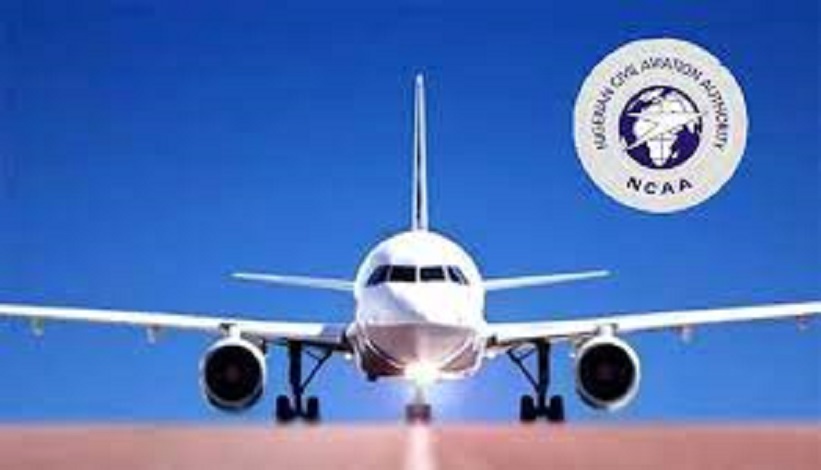Nigeria Civil Aviation Authority (NCAA) has dismissed recent claims by Senator Orji Uzor Kalu alleging lapses in pilot preparation, substance abuse among flight crews, and weak regulatory oversight in the country’s aviation sector.
Reacting to the senator’s remarks made on the Senate floor on Wednesday, October 15, the Director-General of the NCAA, Capt. Chris Najomo, issued a statement on Thursday reaffirming the integrity of Nigeria’s aviation safety protocols.
Najomo stated that Nigeria operates a “rigorous, internationally recognised system” for certifying and monitoring the medical and professional fitness of all pilots operating within its airspace.
Read Also: NCAA Warns Airlines Against Misleading Refund Timelines, Reiterates 14-Day Policy
He clarified that aviation regulations strictly prohibit any crew member from flying within eight hours of alcohol consumption or while under the influence of any psychoactive substance that could impair performance. He added that the NCAA conducts random and on-the-spot drug and alcohol testing when there is reasonable suspicion of intoxication.
“No pilot is permitted to operate a Nigerian-registered aircraft without holding both a valid pilot licence and a current medical certificate,” Najomo said, citing the Nigeria Civil Aviation Regulations (Nig. CARs) Part 8.4.1.4.
He explained that pilots with Commercial Pilot Licences (CPL) or Airline Transport Pilot Licences (ATPL) must obtain a Class 1 Medical Certificate, issued only after comprehensive evaluations by NCAA-authorised aviation medical examiners.
“These assessments cover cardiovascular, neurological, psychological, metabolic, respiratory, and visual functions to ensure pilots are fully fit for duty,” he said.
Read Also: NCAA Confirms Kenya Airways Penalty Payment in Gloria Omisore Case
Najomo noted that medical certificates are valid for 12 months for pilots under 40 and six months for those aged 40 and above, after which fresh evaluations are required.
He stressed that the regulations are clear: “An applicant must not suffer from any disease or condition that could suddenly render them unable to perform flight duties safely.”
The NCAA chief reiterated the authority’s commitment to upholding the highest standards of aviation safety and professionalism.
![]()






























































